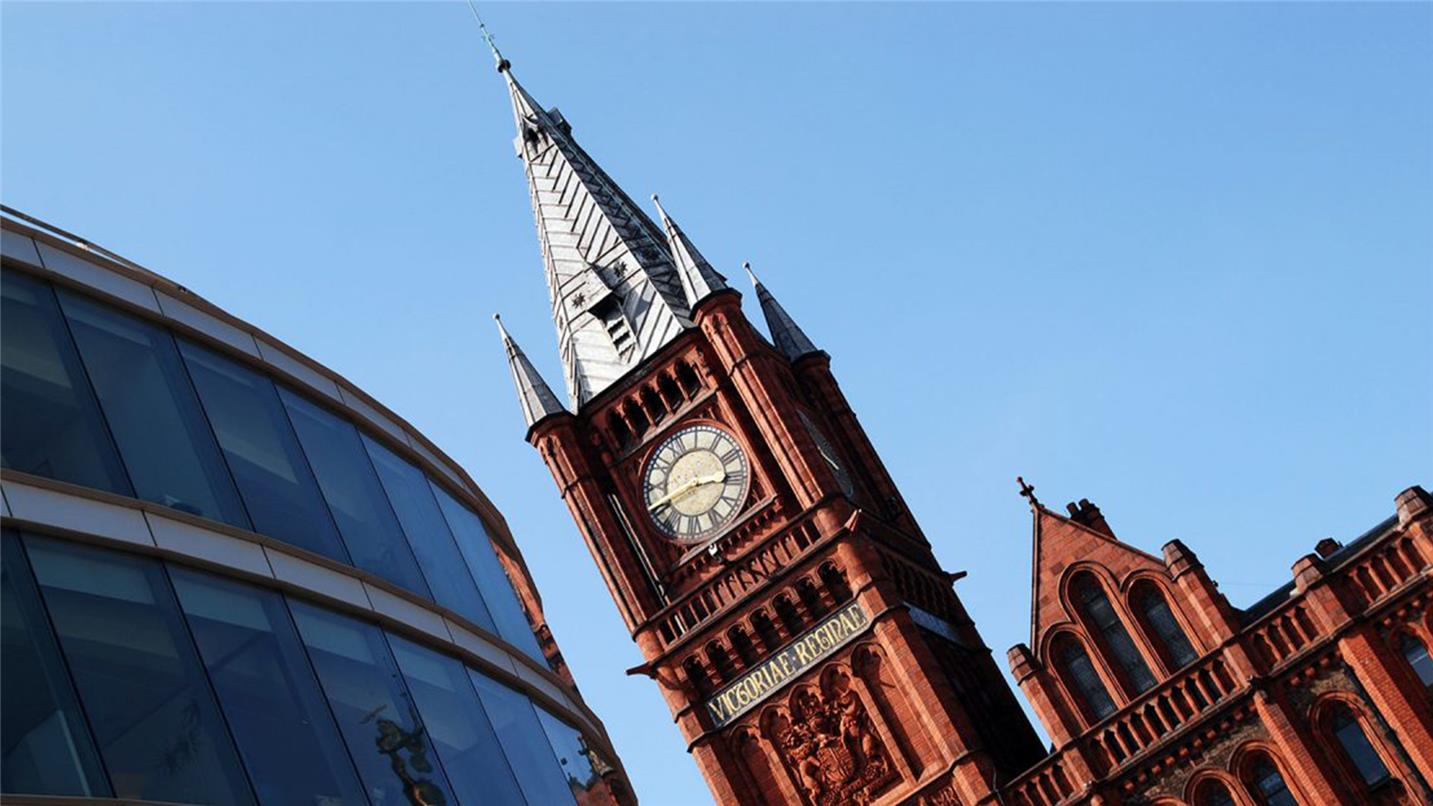The mission
To identify opportunities to improve environmental performance
The Guild’s waste collection facilities did not segregate waste into streams, so all waste was being disposed of in the same place. There was also a need for training and internal signage to show what waste should go where, so that materials were no longer being disposed of incorrectly.
Working in partnership, we set out to improve communication and awareness of recycling on campus, and raise performance.
Our solution
We conducted a full waste audit to establish a clear picture of the composition and quantity of waste, and identify areas for improving efficiency and making cost savings.
This audit revealed that general waste bins greatly out-numbered those for dry mixed recyclables, and that a high proportion of the waste deposited in general waste bins was actually suitable for recycling. This was inflating disposal costs.
We therefore worked with the Guild to trial a different combination of bins. We also provided advice and training on how to improve the capture of food waste, reduce the frequency of glass collection, and increase the capture of recyclable material.
The results
A simple solution creating a huge impact: I appreciate the responsiveness of SUEZ and the way that they worked together with us in order to find the right solution for our needs.Dave Wheatley , Green Guild Project Manager | University of Liverpool
New bin combinations
The new waste management scheme was implemented in June 2016.
This saw a reduction in the number of general waste bins from eight to five. Conversely, the number of dry mixed recycling bins increased from five to eight, to handle the increased quantities of recyclable materials captured. Dry mixed recycling bins were introduced in the café for materials that were previously disposed of as general waste.
Previously, an average of 24% of the Guild’s waste was recycled. This increased to around 56% over a year, peaking at 79% in August 2016.
Beer cups and glasses
During a visit to the local SUEZ facility in St Helens, Guild representatives saw how the beer cups used on campus were recyclable. These plastic cups accounted for a substantial amount of its general waste stream.
By switching beer sales from bottles to draught, the frequency of glass waste collections was also reduced with associated cost savings.
Education
The Guild now holds ‘bin awareness days’ twice a year. These events engage students and staff through incentivised activities, sharing recycling knowledge to ensure that the right waste is put in the right bin.
To encourage waste segregation at source, we provided the information used to create posters, cards and signage near the bins.
The results included:
- An average increase in recycling of 32%.
- Reduction in the number of general waste bins.
- Diversion of plastic cups from general waste for recycling.
